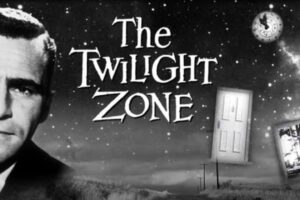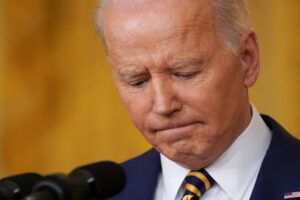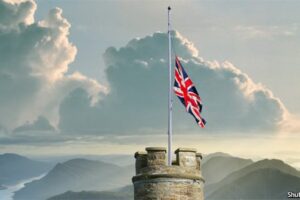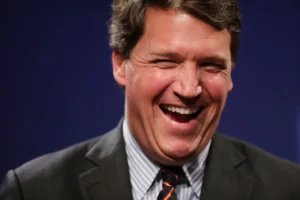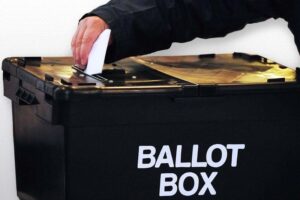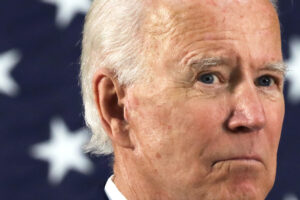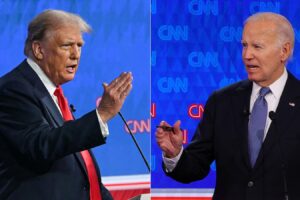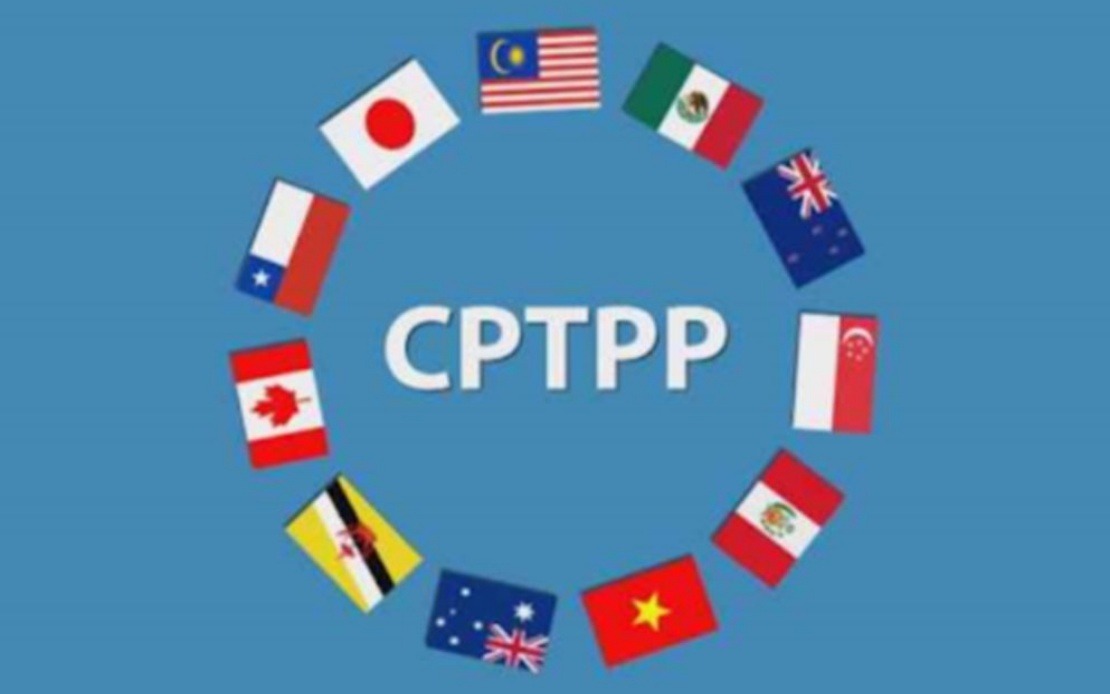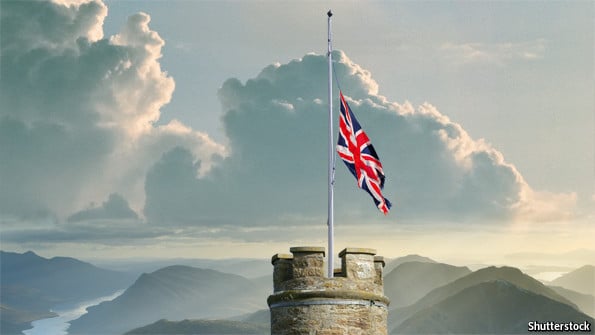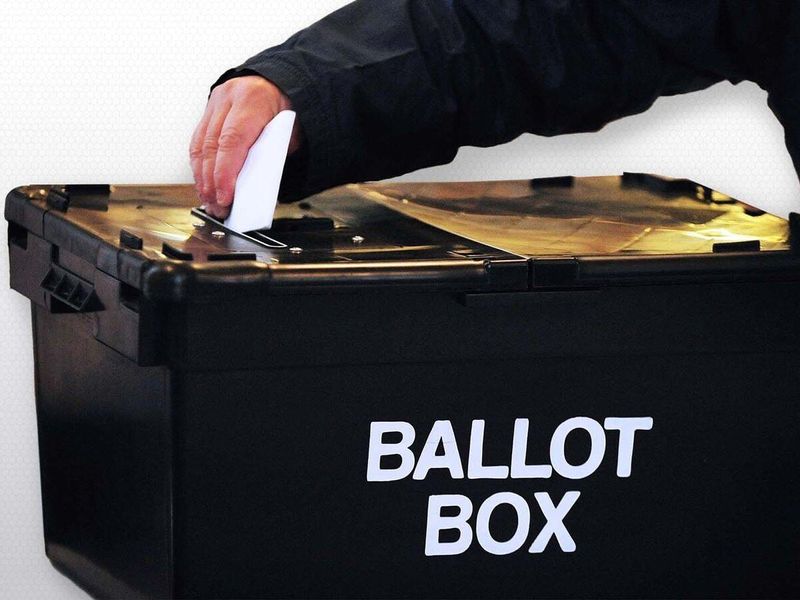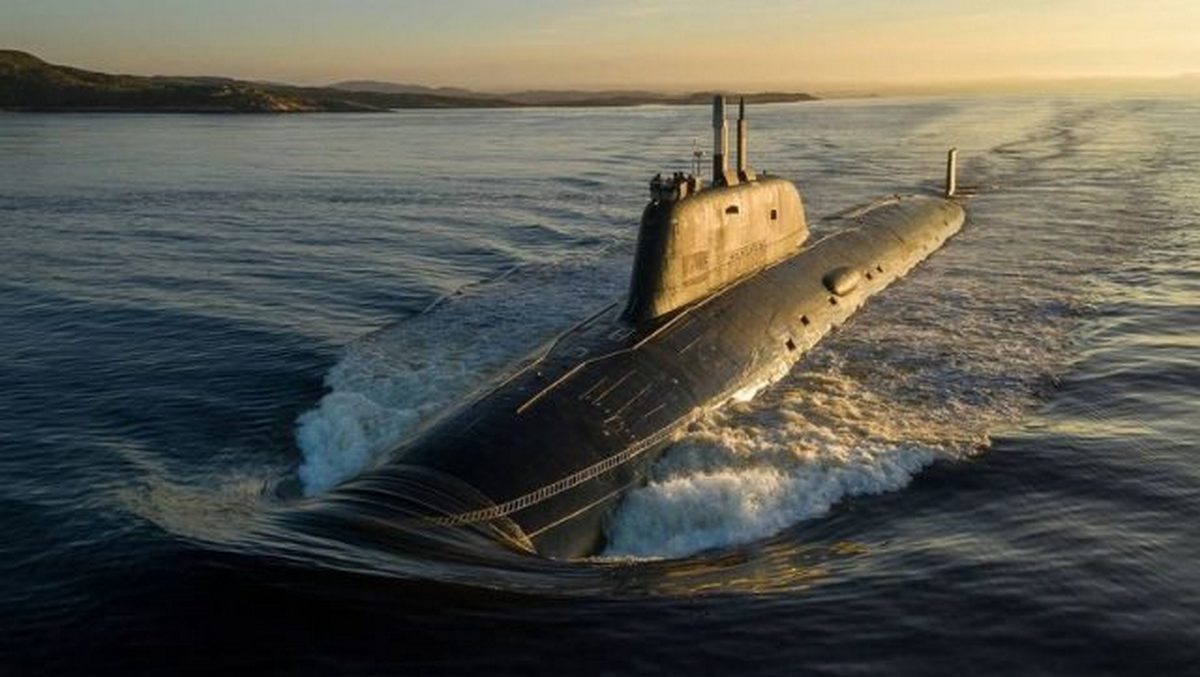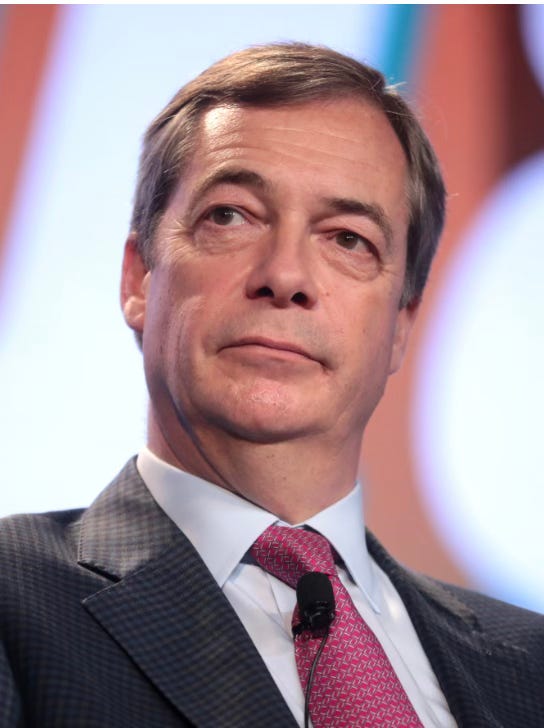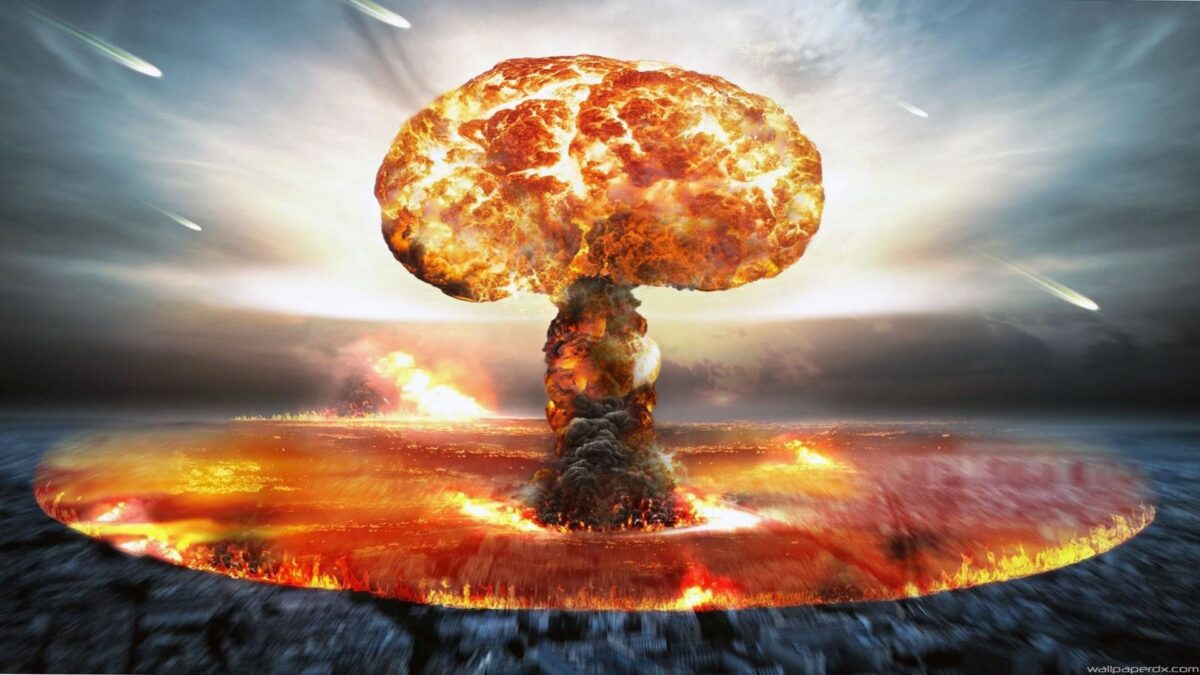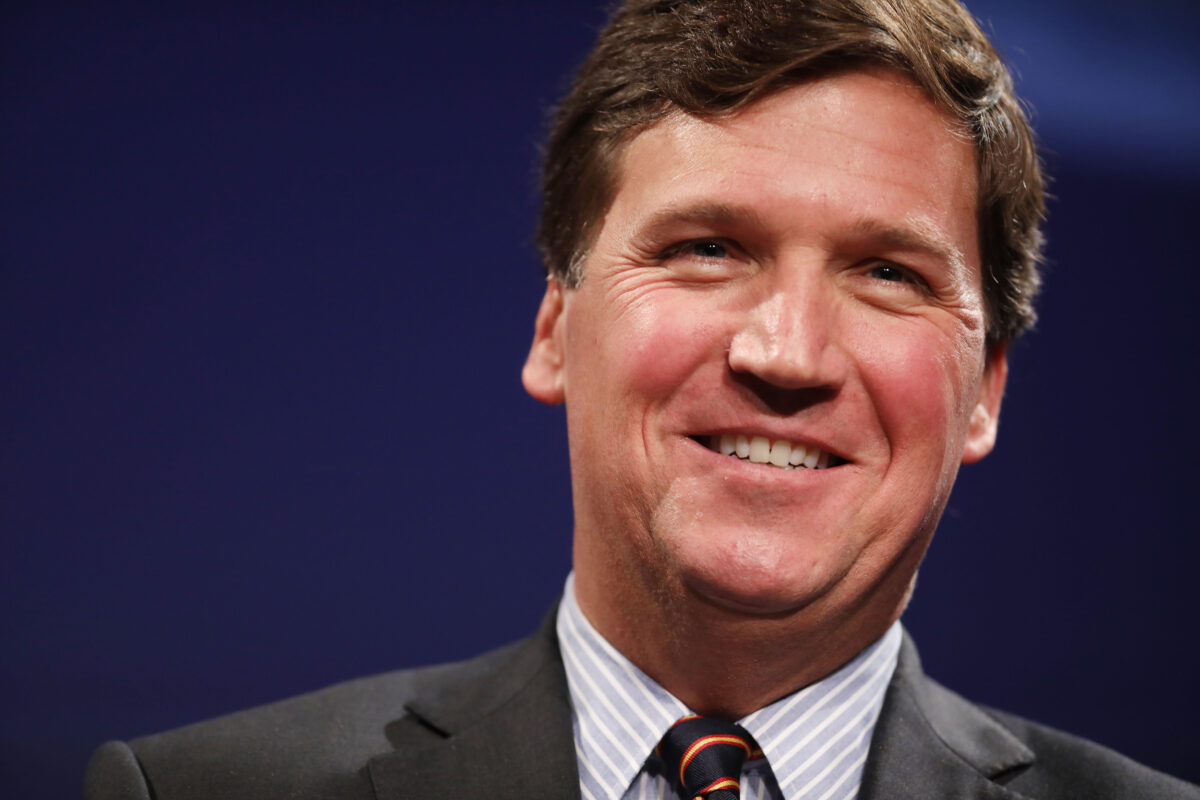Union Pacific. No, I’m not talking about Cecil B DeMille’s 1939 classic starring Barbara Stanwyck. I’m referring to yesterday’s declaration that Britain had signed its biggest trading agreement since Brexit. It was a glorious moment watching all the usual media and academic celebrities going into Twitter meltdown when the announcement came through that the United Kingdom had just become the 12th signatory to the Comprehensive and Progressive Agreement for Trans-Pacific Partnership (CPTPP). Once the legislatures of the existing 11 Member States formally ratify the accession (which is not in doubt), the UK’s addition to the CPTPP means it will leapfrog the European Union as the world’s second largest trans-national trading bloc.
Cue the BBC’s Tom Espiner (https://www.bbc.co.uk/news/business-65124741) who, I suspect, wears a Guy Verhofstadt wrist watch. He penned an article for our esteemed impartial (er….cough) national broadcaster with the headline indicating the boost to the UK economy would only be 0.08%. Espiner was quick to add this projected addition to our domestic riches was a government forecast, so I am sure he won’t object if I mention previous government forecasts with, shall we say, dubious pedigrees – such as ‘only 13,000 Eastern Europeans will come annually to the UK after EU enlargement’. Or how about ‘Britain to enter recession with 500,000 UK jobs lost if it left EU, new Treasury analysis shows’ (https://www.gov.uk/government/news/britain-to-enter-recession-with-500000-uk-jobs-lost-if-it-left-eu-new-treasury-analysis-shows)? I think you, dear reader, will forgive me if I take a significant percentage of official forecasts and modelling with a large pinch of salt. Even more joyous was the reaction of LBC’s James O’Brien, that perma-flushed klaxon of Guardianista sensibilities, who devoted programme Number 540,300 to the issues of Brexit and its consequences with the notion that, in trading terms, geography takes pole position. Perhaps he doesn’t have anything in his house made in China!
In any case, the economic dividends from this deal obscure two crucial facts:
1). The CPTPP doesn’t need to ‘replace’ trade lost by Brexit. The UK ‘s share of trade with the EU has been declining since the 1990s. For example, in 1999 UK exports to the EU comprised 54% of our economy. By 2019, that had declined to 42%. Likewise imports from the bloc – at 57% in 1999, had dropped to 45% two decades later.
2). The size of the European Union relative to the rest of the world has also dropped markedly over my lifetime. The IMF’s World Economic Outlook showed the, then, EEC’s share of the global economy in 1980 to be 24%. And that was with only nine members! In 2017, with 28 members (yes, Britain had not extricated itself from this giant protection racket at that point), that share had declined to 15.6%. This year, with 27 members, it has gone down still further to 14.92%. In just seven years, it will down to 12% notwithstanding the potential accession of both Albania and North Macedonia.
World economic growth is centering on the Asia-Pacific region. When the UK formally joins the CPTPP, the organisation’s 12 members will have a global trade share totalling 16%. Moreover, it is forecast to grow between now and 2050, whilst the EU is forecast to decline over the same period. Why is there this obsession among Britain’s ‘New Elite’ to cling to the European Union at all costs? Sclerotic thinking? Stockholm Syndrome? Open borders? I can’t tell you for sure, but it certainly isn’t rooted in being rational.
Another argument put forward by Remainers centres on the standards we were expected to meet before accession was provisionally endorsed. ‘You’re gonna have to surrender some of your sovereignty when you said Brexit was all about taking back the same from the European Union. So what have you gained? What has changed?’ All this fundamentally misses the point between being a member of a genuine free trading area and an area where the ‘benefits’ of free trade were contingent on signing up to a supra-national entity with increasing desires to transform itself into a sovereign superstate in all but name. As I’ve pointed out to various friends and family, the differences between the EU and the CPTPP is that the former has….
A). A capital city.
B). Two parliaments.
C). The ability of a central administration – not elected by universal suffrage – to pass laws binding on all its members.
D). Free movement of people – a phenomenon which has added great demographic pressures in some parts of the continent.
E). A single currency, with ill-fitting criteria for several of the countries who’ve adopted it.
F). A central bank.
G). Designs on creating its own army.
H). Prevention measures in place to stop its member states signing free trade agreements outside the bloc.
I). Its own anthem and flag.
J). A funding mechanism in place which takes vast sums from several states in order to keep the whole caboodle solvent.
K). Common agricultural and fisheries policies, actively discriminating against some member states in order to satisfy others.
L). Ambitions to become a full political union.
M). Its own court, whose remit is the furtherance of EU political and economic aspirations.
Ceding sovereignty to a body unencumbered by bureaucratic and territorial ambitions is one thing. Ceding sovereignty to something that sought the connivance of respective political classes to overturn various national referenda designed to curtail its march towards ever-closer union was quite another. Were the UK ever inclined to quit the CPTPP in the way it did the EU, I can’t imagine the Pacific bloc setting out a quid pro quo where a part of our national territory was still subject to its rules in order to force alignment on the remainder. If some of our self-declared sophisticates can’t see the difference, I feel very sorry for them.
Joining the CPTPP is not just about trade. It’s also about the United Kingdom seeking a role in a part of the world at risk from Chinese economic hegemony and political influence. We turned our backs on our closest Commonwealth trading partners when we joined the EEC in 1973. This time we can increase trade with Australia, Canada and New Zealand, widen our prospects with some of the fastest growing economies in the world, and demonstrate to others that Brexit was far from being a project immersed in ‘Little Englander’ sentiment. Most importantly from my point of view, it makes it much, much harder for some in British politics who seek such an outcome to take us back into the EU’s fold.
Views: 65



